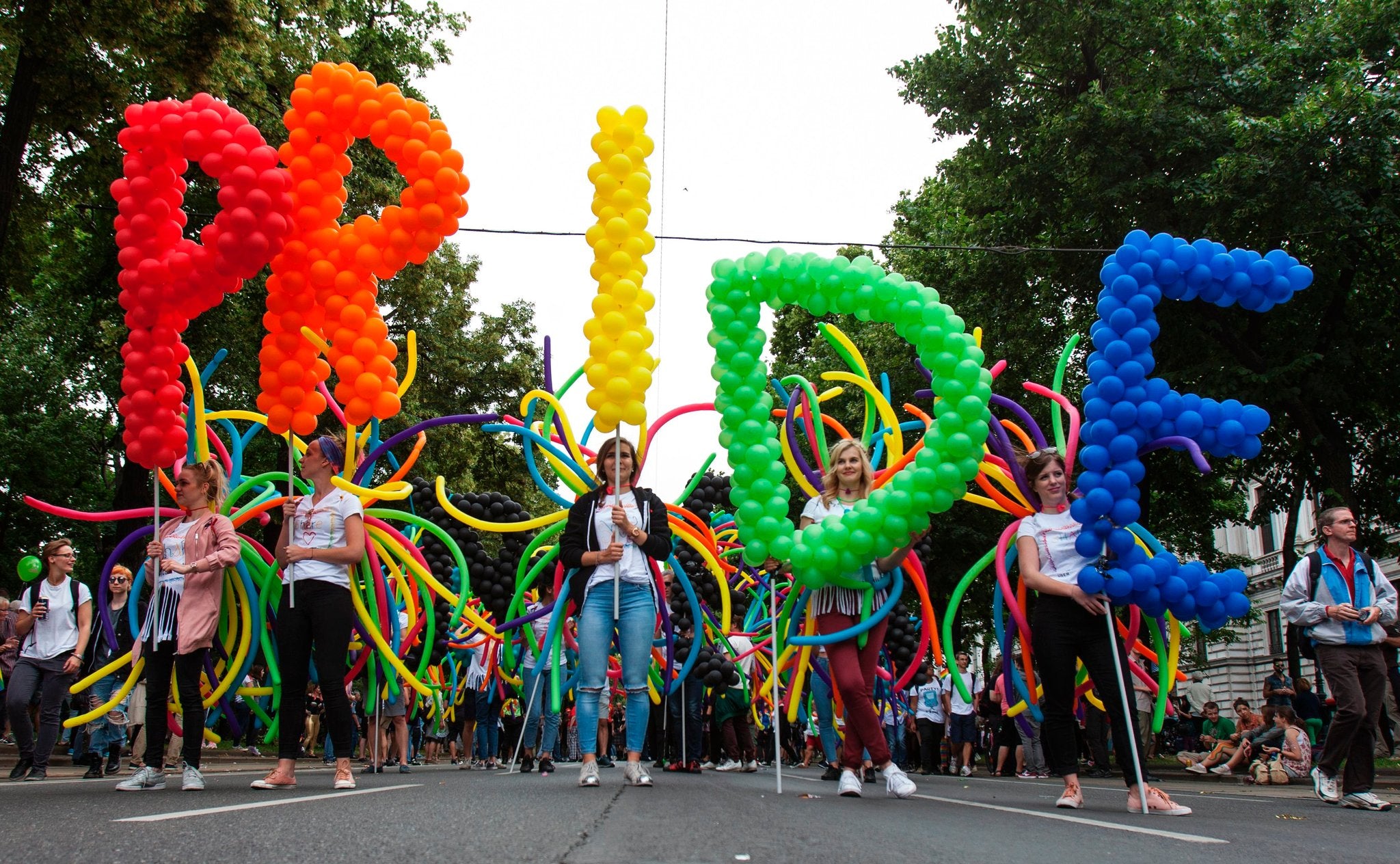The origin of same-sex marriage legalization dates back to 2001, 21 years ago. At that time, four same-sex couples were legally married at the City Hall of Amsterdam, making the Netherlands the first country in history to legalize same-sex marriage. The then-mayor of Amsterdam expressed his joy for the couples and celebrated this significant step toward marriage equality with the public.
Following the Netherlands’ lead, many other countries and regions have passed similar laws over the past two decades. By 2022, over 30 countries and regions had legalized same-sex marriage. However, despite the positive progress, these legalizations are mostly concentrated in Western Europe and North America.
In contrast, only a few places in Asia and Africa, like Taiwan and South Africa, have legalized same-sex marriage. While the movement for marriage equality is more widespread in Western countries, the process of legalizing same-sex marriage varies from place to place.
This article will introduce five places that have legalized same-sex marriage and briefly explain how these places achieved this milestone. At the end, we'll also summarize some data to give you a better understanding of the global trend toward same-sex marriage legalization.
Countries Where Same-Sex Marriage is Legal (as of mid-2022):
- Netherlands (2001)
- Belgium (2003)
- Canada (2005)
- Spain (2005)
- South Africa (2006)
- Norway (2009)
- Sweden (2009)
- Argentina (2010)
- Iceland (2010)
- Portugal (2010)
- Denmark (2012)
- Brazil (2013)
- England (2013)
- Wales (2013)
- France (2013)
- New Zealand (2013)
- Uruguay (2013)
- Luxembourg (2014)
- Scotland (2014)
- Finland (2015)
- Ireland (2015)
- USA (2015)
- Colombia (2016)
- Greenland (2016)
- Australia (2017)
- Malta (2017)
- Germany (2017)
- Austria (2019)
- Ecuador (2019)
- Taiwan (2019)
- Northern Ireland (2019)
- Costa Rica (2020)
- Chile (2021)
- Switzerland (2022)
Taiwan
Taiwan became the first place in Asia to legalize same-sex marriage. In 2017, Taiwan’s Constitutional Court (Judicial Yuan) issued Interpretation No. 748, ruling that the Civil Code’s failure to recognize same-sex marriage violated the right to freedom of marriage and the principle of equality. The court gave the government two years to amend the law. If the changes weren’t made in time, same-sex couples would automatically be allowed to marry under the existing Civil Code.
On May 17, 2019, Taiwan’s Legislative Yuan passed the Enforcement Act of Judicial Yuan Interpretation No. 748, granting same-sex couples the same marriage rights as those in the Civil Code. Taiwan's Constitutional Court affirmed the right for same-sex couples to marry, but the responsibility for enacting legislation fell to the Legislative Yuan.
Austria
Austria’s Constitutional Court reviewed the 2009 Registered Partnership Act, which allowed same-sex couples to register as partners but not marry. A lesbian couple, unsatisfied with only being recognized as partners, sought full marriage rights but were rejected by the local government, which cited that marriage was exclusively between a man and a woman.
The couple argued that restricting marriage to heterosexual couples violated the constitutional principles of equality and non-discrimination. The case went to Austria’s Constitutional Court, which ruled in 2017 that banning same-sex marriage was unconstitutional. The court set a deadline for the government to legalize same-sex marriage by the end of 2018. Starting in 2019, same-sex couples could legally marry in Austria.
Malta
Malta, once a conservative Catholic country, became a progressive leader under the government of Prime Minister Joseph Muscat. Despite opposition from the Catholic Church, the Maltese Parliament overwhelmingly passed the same-sex marriage law in 2017, with only one out of 67 members voting against it. This decision reflected the broad support for marriage equality in the country, even in the face of traditional religious beliefs.
In 2016, Malta also became the first European country to ban gay conversion therapy, recognizing it as a criminal offense.
Australia
Australia took a different route by holding a national postal vote to decide on same-sex marriage. Since 2009, same-sex couples had equal rights as heterosexual couples in Australia, and in 2013, anti-discrimination laws were passed to protect LGBTQ+ individuals.
In 2017, after a two-month postal vote, 79.5% of voters participated, and 61.6% supported legalizing same-sex marriage. The vote led to the government passing the law in December 2017.
Germany
German Chancellor Angela Merkel was long opposed to same-sex marriage but surprised many by allowing members of her party to vote according to their conscience on the issue. Merkel’s decision to drop her long-standing opposition accelerated the process. In June 2017, the Bundestag (Germany's lower house of Parliament) passed the same-sex marriage bill, with 393 votes in favor, 226 against, and 4 abstentions. This marked a historic moment for LGBTQ+ rights in Germany.



















